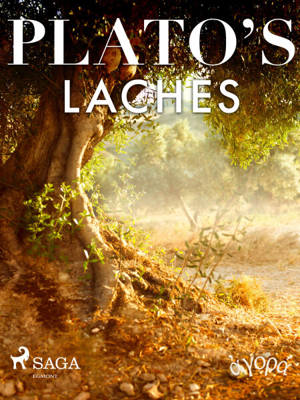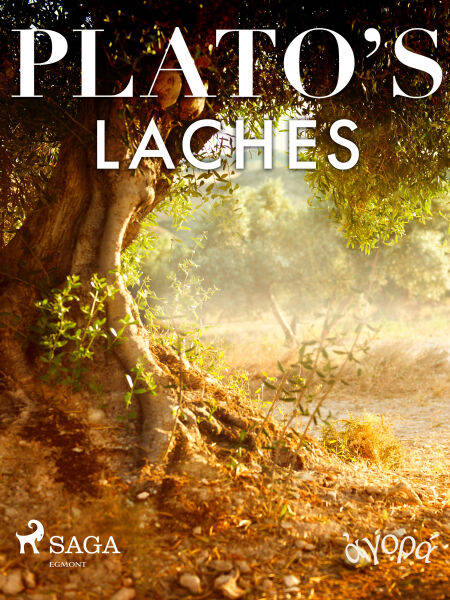
- Afhalen na 1 uur in een winkel met voorraad
- Gratis thuislevering in België vanaf € 30
- Ruim aanbod met 7 miljoen producten
- Afhalen na 1 uur in een winkel met voorraad
- Gratis thuislevering in België vanaf € 30
- Ruim aanbod met 7 miljoen producten
Zoeken
Omschrijving
Laches, a general in the Athenian army, saw Socrates fight bravely in the battle of Delium. When he and Nicias, another general, are asked to explain the idea of courage, they are at a loss and words fail them. How does courage differ from thoughtless and reckless audacity? Can a lion be said to be courageous? What about small children who have little idea of the dangers they face? Should we call people courageous who do not know whether their bravery will produce good or bad consequences? What kind of education and training promotes both courage and goodness in people, whether they are young or old? Plato constantly presents courage as an essential quality for all who seek to live a good life, so what does it mean when even the bravest leaders of Athens cannot tell us what courage really is?
Specificaties
Betrokkenen
- Auteur(s):
- Uitgeverij:
Inhoud
- Aantal bladzijden:
- 20
- Taal:
- Engels
Eigenschappen
- Productcode (EAN):
- 9788726627558
- Verschijningsdatum:
- 30/07/2020
- Uitvoering:
- E-book
- Beveiligd met:
- Digital watermarking
- Formaat:
- ePub

Alleen bij Standaard Boekhandel
+ 1 punten op je klantenkaart van Standaard Boekhandel
Beoordelingen
We publiceren alleen reviews die voldoen aan de voorwaarden voor reviews. Bekijk onze voorwaarden voor reviews.











